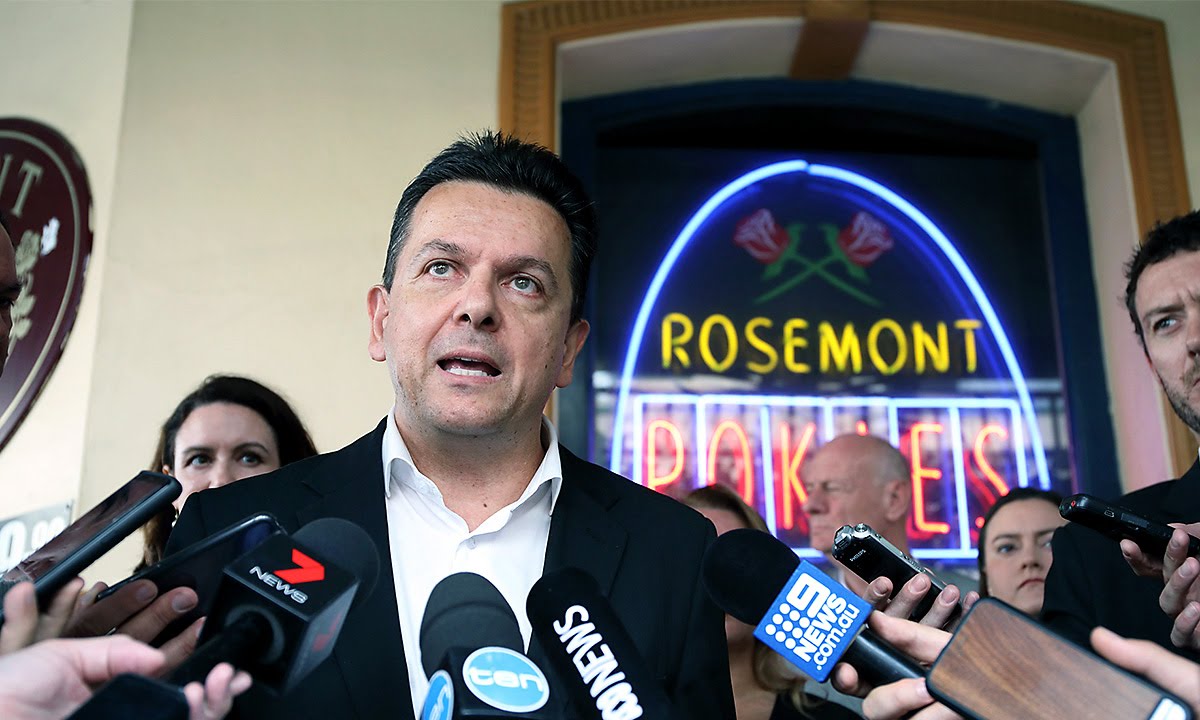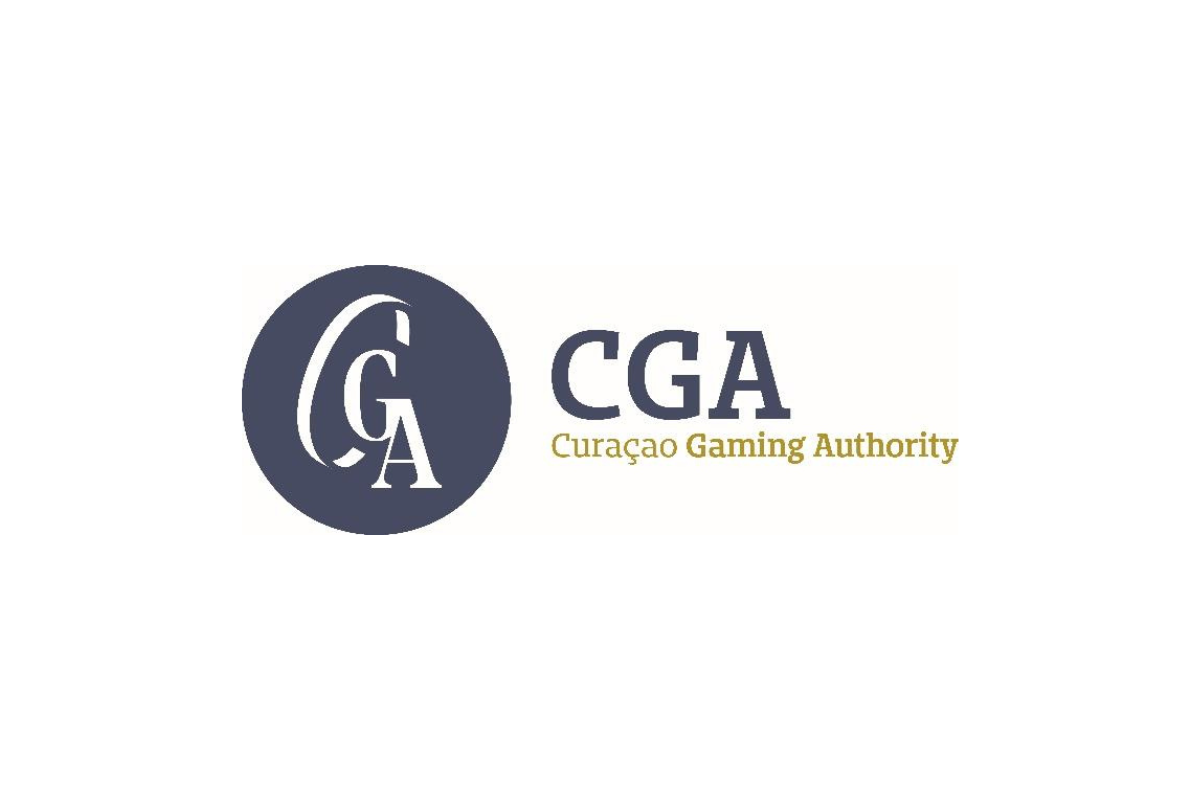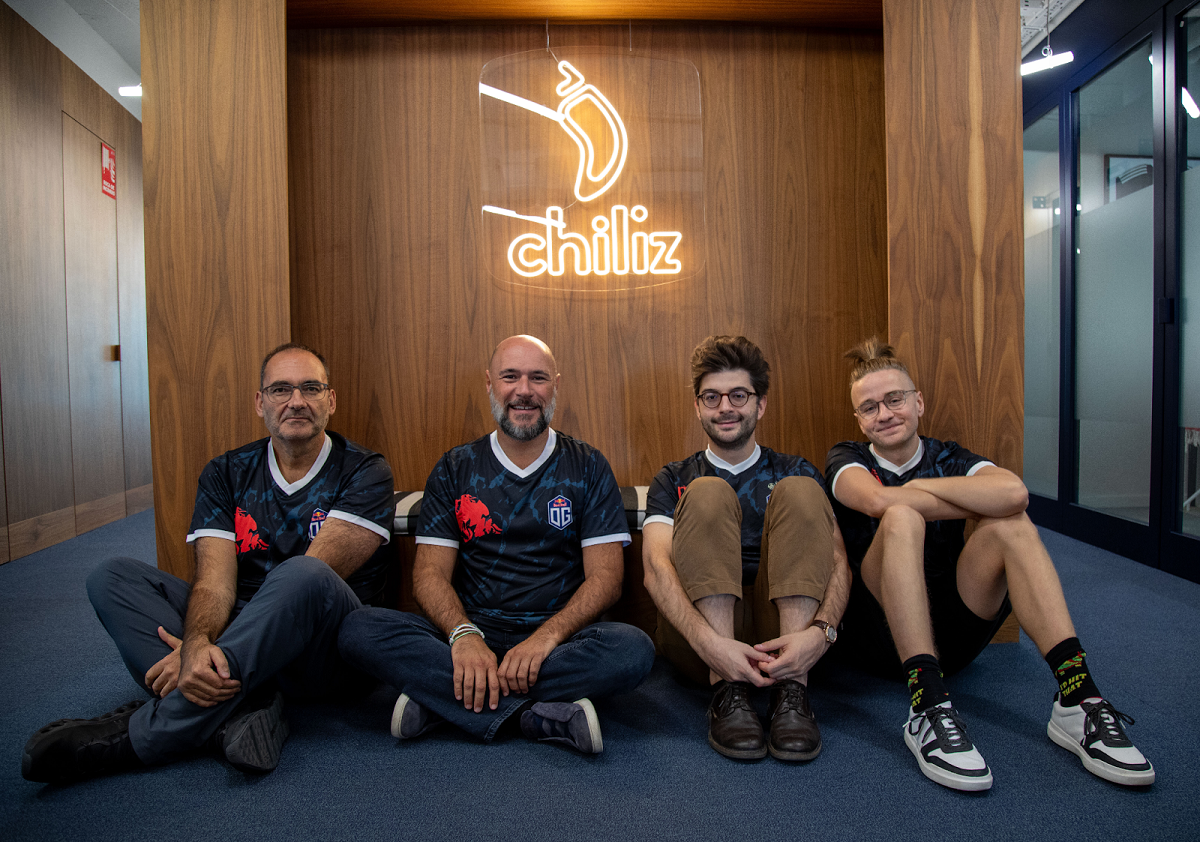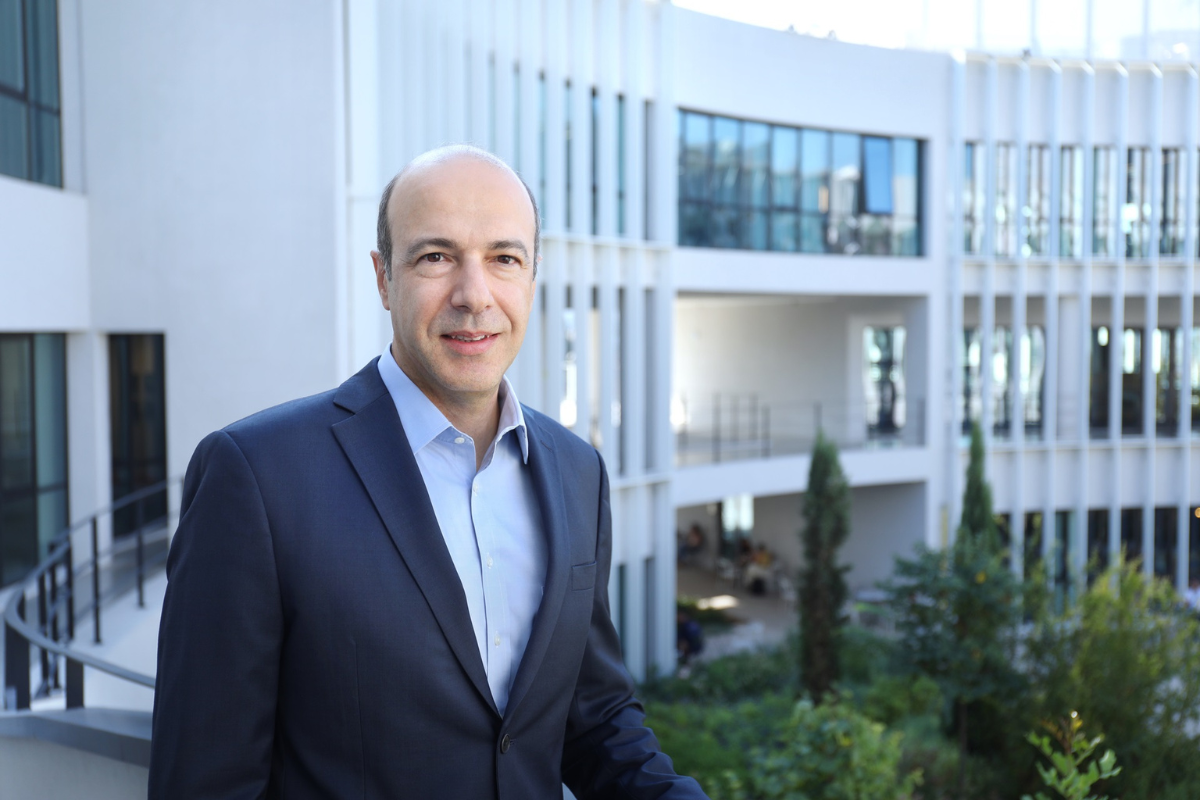Australia
‘No pokies’ Nick Xenophon goes for ‘some pokies’, but does his gambling policy go far enough?

SA-Best, led by high-profile former senator Nick Xenophon, has announced its gambling policy ahead of next month’s South Australian election. Xenophon has backed away from the “no pokies” policy that characterised his earlier approach to gambling reform. However, the evidence behind his party’s proposed suite of measures is reasonably strong.
What’s in the policy?
Key aspects of SA-Best’s proposal are:
a five-year plan to cut poker machines numbers in South Australia from 12,100 to 8,100;
- a reduction in maximum bets to A$1, from the current $5;
- a reduction in maximum prizes from $10,000 to $500;
- removing particularly addictive features such as “losses disguised as wins”;
- prohibition of political donations from gambling businesses; and
- the removal of EFTPOS facilities from gambling venues.
The policy would also empower the state’s Independent Gambling Authority to implement and evaluate these proposals.
The policy is targeted at commercial hotel operators; clubs, “community hotels” and the casino are exempt from the reduction provisions.
There are also proposals to cut trading hours from 18 to 16 per day, with the introduction of a seven-year pokie licence for venues, from January 1, 2019. Increased resources would go to counselling and support for those with gambling problems.
Notably absent from the policy is the introduction of a pre-commitmentsystem, which would enable pokie users to decide in advance how much they want to spend. Along with $1 maximum bets, this was a key recommendation of a Productivity Commission inquiry in 2010.
The policy has attracted the expected response from the gambling industry. The Australian Hotels Association argued the changes would “rip the guts” out of the gambling industry and attack the “26,000 jobs” it claims the industry directly creates.
Does evidence support SA Best’s policies?
We’ve known for some time that reducing maximum bets is likely to reduce the amount wagered by people experiencing severe gambling problems. This in turn reduces the harm they suffer.
Reducing maximum prizes reduces “volatility”, meaning pokies may have more consistent loss rates.
Reducing access to pokies is also an important intervention, since easy access is a key risk factor for developing a gambling problem. Reducing the number of machines, and the hours they are accessible, support this.
However, very substantial cuts in pokie numbers are needed to meaningfully reduce harm. A cut of the magnitude SA-Best proposes may not be sufficient to prevent those with serious gambling habits from readily accessing pokies. This is because pokies are rarely fully utilised at all times of the week.
Removing easy access to cash has also been identified as an important harm-reduction intervention. This had a positive initial effect in Victoria (especially among high-risk gamblers), when ATMs were removed from pokie venues in 2012.
The harms associated with gambling generally affect far more peoplethan just the gambler. The most recent study, from 2012 indicates that 0.6% of the SA adult population is classified as at high risk of gambling harm, 2.5% are classified as at moderate risk, and another 7.1% at low risk.
Based on census data, this equates to about 8,000 South Australians experiencing severe harm from gambling. Another 33,100 are experiencing significant harm, and about 94,000 are experiencing some harm.
However, each high-risk gambler affects six others; each moderate-risk gambler affects three others; and each low-risk gambler one other. So, the problems of each high-risk gambler affect another 47,660 South Australians. These are children, spouses, other relatives, friends, employers, the general community via the costs of crime, and so on.
Another 99,300 are affected by moderate-risk gambling, and another 94,000 by low-risk gambling. All up, this amounts to 241,000 people.
Of these, 190,000 are affected at high or significant levels. These harms include financial disaster and bankruptcy, divorce or separation, neglect of children, intimate partner violence and other violent crime, crimes against property, mental and physical ill-health, and in some cases, suicide.
Most gambling problems (around 75%) are related to pokies, and by far the greatest expenditure goes through them. Nothing has changed in this regard since the Productivity Commission identified this in 2010.
In this context, SA-Best’s policy has substantial justification.
Does it go far enough?
The South Australian Greens, like their counterparts in Tasmania and the Tasmanian Labor Party, want to get all pokies out of pubs and clubs. They argue gambling’s social and economic costs are far in excess of the benefits.
For Tasmania, the costs of gambling can be estimated at about $342 million per year. This is more than three times as much as the total tax take from all gambling in the state.
A similar calculation for South Australia suggests its overall costs of problem gambling are more than $1.6 billion per year. This is more than four times the total taxes from gambling the South Australian government derived in 2015-16 ($380.3 million).
With a cost-benefit ratio like that, some strong measures could well be called for. Xenophon says the proposals encapsulated in his party’s policy are the start. However, Tasmanian Labor has set the new benchmark for pokie regulation – removing them entirely from pubs and clubs.
It is remarkable that a party traditionally in lockstep with – and substantially supported by – the gambling industry has adopted such a position. Perhaps the harms have become too much to ignore?
How these policies might be implemented, amid the resistance they will face from a well-heeled and often-influential gambling industry, presents an intriguing prospect over coming months.
Source: theconversation.com
-

 Asia5 days ago
Asia5 days agoDigital gaming disruption tackled in 1st AsPac Regulators’ Forum
-

 Africa6 days ago
Africa6 days agoKiron announces the launch of its new virtual football title, Turbo League, with SportPesa in Kenya and Tanzania
-

 Aquisitions/Mergers6 days ago
Aquisitions/Mergers6 days agoNOVOMATIC successfully completes sale of ADMIRAL Austria to Tipico and focuses on international growth markets
-

 Compliance Updates6 days ago
Compliance Updates6 days agoSOFTSWISS Releases Gambling Regulation Directory for iGaming Operators
-

 Compliance Updates6 days ago
Compliance Updates6 days agoAlternative Dispute Resolution (ADR) Role and Certification
-

 Asia6 days ago
Asia6 days agoiRace Media extends partnership with The Hong Kong Jockey Club in Asia
-

 Central Europe6 days ago
Central Europe6 days agoSYNOT Games Delivers Bespoke Games Exclusively for SazkaHry.sk in the Slovak Market
-

 Latest News6 days ago
Latest News6 days agoFlutter UKI Invests Nearly £7M into Community Sports


















